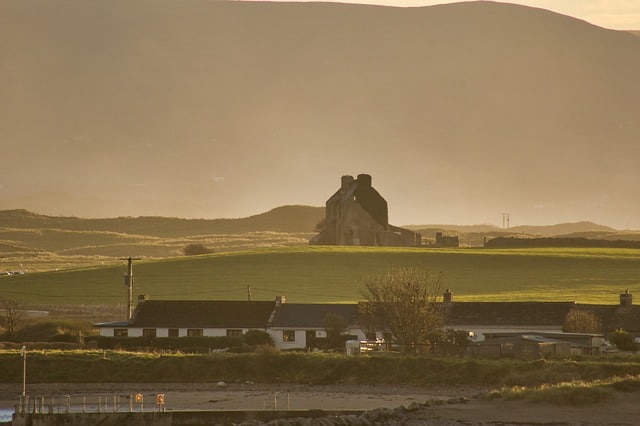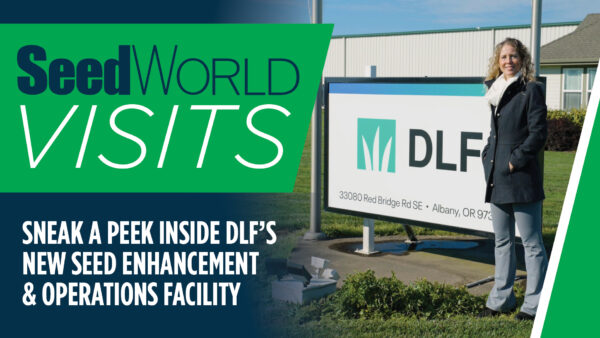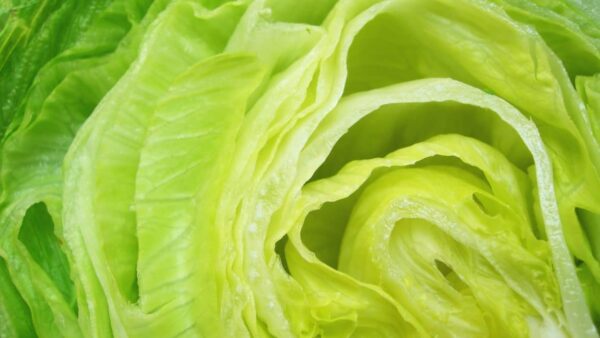For the Irish seed and agriculture sector, Brexit poses several challenges. Ireland has about 300,000 hectares of cereals, but the country does not have its own cereal breeding program. Therefore, to supply its farmers with high quality cereal varieties, the country entirely depends on any breeding activities and new varieties from other EU countries. In terms of climate, with its mild winters, it is clear that varieties that were bred and perform well in the UK, will most likely also do well in Ireland. There is much less of such a climatological equivalence with varieties from other EU countries.
Until now, breeders send their pre-commercial varieties to Ireland for testing, and based on those results, decide which varieties would perform best here, in the majority piggy backing on UK DUS and UK maintenance. Post-Brexit this will all change as all varieties commercialised in Ireland (EU) will need to be listed in the EU, be maintained in the EU and have EU DUS. For cereals, Irish farmers prefer to source their varieties off the Irish national list and interesting varieties undergo testing in Ireland itself. For minor crops, such as forage kale or turnips, it is a different story as there are no Irish trials, these varieties were often tested and listed through the UK, and for Irish farmers it was until now fairly easy to source their varieties from the EU Common Catalogue, via UK listing. Post-Brexit, this means that such varieties will first need to be listed in Ireland or elsewhere in the EU before they can be commercialized.
Another challenge is the maintenance of varieties. In the EU, all registered varieties must be maintained in the EU with regular official maintenance controls. A small problem is that it is not clearly defined what maintenance exactly is. One could take a rather strict interpretation with official control of maintenance breeding etc, or one could take a more pragmatic approach, where maintenance control is an official control on the production of stock seed. In the run-up to Brexit, Ireland is taking a practical approach to maintenance.
In a similar way, each variety that is registered in the EU will need to have a DUS report. Post-Brexit, with no facilities in Ireland to carryout DUS reports on cereals and most other crops, a valid DUS report will need to be bought from an EU authority, and this can no longer be from the UK. The challenge lies in the additional costs this will incur. Once Brexit is a fact, for all the cereal varieties from the UK there will be additional costs for organizing an EU DUS report, national listing and maintenance breeding. The concern in Ireland is that Brexit will slow down the amount of varieties coming to Ireland, and the delay with which varieties will be available in our country. At the moment, variety testing is often done at the same time in the UK, as well as in Ireland. Post-Brexit this is no longer likely to happen, and it is expected there could be a delay of two years before some varieties become available to Irish farmers.
The Irish Seed Trade Association has put in place several measures to mitigate the impact of Brexit. With the help of ESA and the BSPB, we have identified all varieties which are currently marketed in Ireland, and which may run into one of the challenges mentioned above. All key stakeholders to the particular challenge(s) have been well informed, and we hope there will be no big casualties. Longer term, we fear less varieties will be tested and make it to market which means Irish farmers won’t have access to the best plant varieties. Yields may not see the steady increase as we have seen til now, and with less resistances, crop protection may pose another challenge.
Besides plant breeding, listing and maintenance, another challenge lies in the enforcement of intellectual property rights. Post-Brexit it will no longer be possible to enforce any rights on varieties that are not listed in the EU, e.g. varieties listed only in the UK. Imagine a scenario, where a variety destined for the UK market, is performing well in Northern Ireland, and a bit less in Ireland itself. The UK breeder is then likely to apply for national listing only in the UK. However, in such a situation, we may see that Irish farmers would still like to grow this variety and seeds get traded across the border. So, our advice to the UK breeders would be to also register such a variety in the EU. This will enable them to enforce their rights in Ireland. We realize this is a challenge for the UK breeders, but there’s very little else that the Irish seed trade can do to prevent such infringement from happening.
Another thing we have to keep an eye on is the trade between the UK and Ireland. The countries have about 10 to 20% of the varieties in common, depending on the species. And we have always had a good trading relationship with the UK, which was helpful in times of shortages or surpluses. Post-Brexit, this will all become more difficult, as there will not be immediate equivalence for the various seed related regulations between the UK and the EU. We expect the process to recognize equivalence of the UK system to take between 6 and 12 months. And until that happens seed cannot be traded across the border. So, any seeds that were certified before the 29thof March, are considered EU certified seeds, and can be traded in the entire EU. Seeds that have been certified in the UK after the 29thof March, are considered UK certified seeds, and cannot be trade to other countries in the EU. We realize this is a temporary matter, and eventually equivalence is likely to be organized.
Cause for concern are the phytosanitary issues. Depending on the progress and atmosphere at the negotiations after Brexit, one could imagine that at some point phytosanitary trade barriers are created which are not based on actual scientific evidence. Correcting such barriers with the necessary bureaucracy will take a lot of time. Border controls could prove to be a barrier to efficient trade, even in a situation where equivalence is agreed on certification and phytosanitary standards, due to delays and paper work. One way of minimising this is to become a so called ‘trusted trader’ giving the seed trading company certain privileges when it comes to cross border trade.
In agriculture we’re very good at adapting, so maybe we just need Brexit to happen and then deal with the various challenges that arise. In a way the seed sector is lucky that our products do not lose their quality overnight. Traders of fresh produce and other perishables will have bigger challenges and most likely Brexit will do more damage to their industries.
In terms of agriculture and the seed sector, it is safe to say, that of all EU countries, Ireland is likely the most affected by Brexit, due to its climatological resemblance to the UK, and the absence of major breeding companies. Replacing UK varieties, with varieties bred in other EU countries is going to be difficult, and because of the relatively small size of the Irish seed market, it is not likely that seed companies will be setting up more variety trials in Ireland. However, with our preparations, we feel reasonably comfortable, although we fully realize that at the end of the day, we are going to lose out. There are no upsides, and potentially several downsides.
Editor’s Note: Roy Power is Chairman of the Irish Plant Variety Development Office, Managing Director of the company ‘Seed Technology’ in Ballymountain, Ireland and former President of the Irish Seed Trade Association












